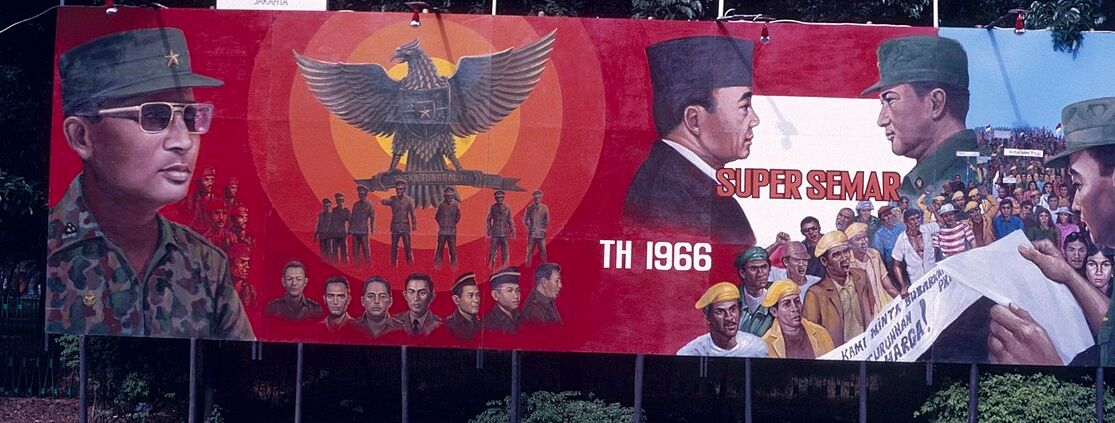HEADLINE Indonesia's New National History Project Raises Concerns Over Rewrite of Past

JAKARTA - Criticism is mounting over Indonesia's plan to rewrite its national history, with many scholars and historians expressing concerns over the project's potential for bias and exclusion.
The project, launched by Culture Minister Fadli Zon in December 2024, aims to update existing history books to create an "Indonesia-centric" narrative. However, experts say that the project bears similarities to Indonesia's past authoritarian governments, particularly the New Order regime under Soeharto, which was notorious for suppressing dissenting voices and manipulating historical records.
Academics have pointed out that several leading historians, including archaeologist Harry Truman Simanjuntak, have resigned over disagreements with the project's methodology and treatment of pre-history. Scholars grouped under the Alliance for Indonesian Historical Openness (AKSI) have also voiced concerns that the project represents an attempt to emulate the positioning of Soeharto-era history as the sole authority on historical truth.
The project has also come under fire for its selective presentation of historical events, including the anti-communist genocide of 1965-1967, which resulted in hundreds of thousands of deaths. Critics argue that this approach fails to acknowledge Indonesia's complex and often tumultuous history.
Furthermore, the government's attempt to politicize history through the project has raised eyebrows. The deadline for completion is seen as unrealistic, and the inclusion of recent events, such as the Jokowi presidency and the new capital of Nusantara, is expected to result in a biased narrative that favors the state's interests.
The Prabowo government's approach to national heroes also sparks concern, particularly regarding the postponement of annoucing new national heroes on Heroes Day last year and the potential connection between Marsilya Pustaka's selection as a national hero and trade union support for Soeharto's potential appointment.
As no draft chapters have been made publicly available, concerns are growing that the project will become similar to its predecessor, "Sindang Sera" (The Open Letter), which was criticized for suppressing dissenting voices and perpetuating New Order-era ideology.
